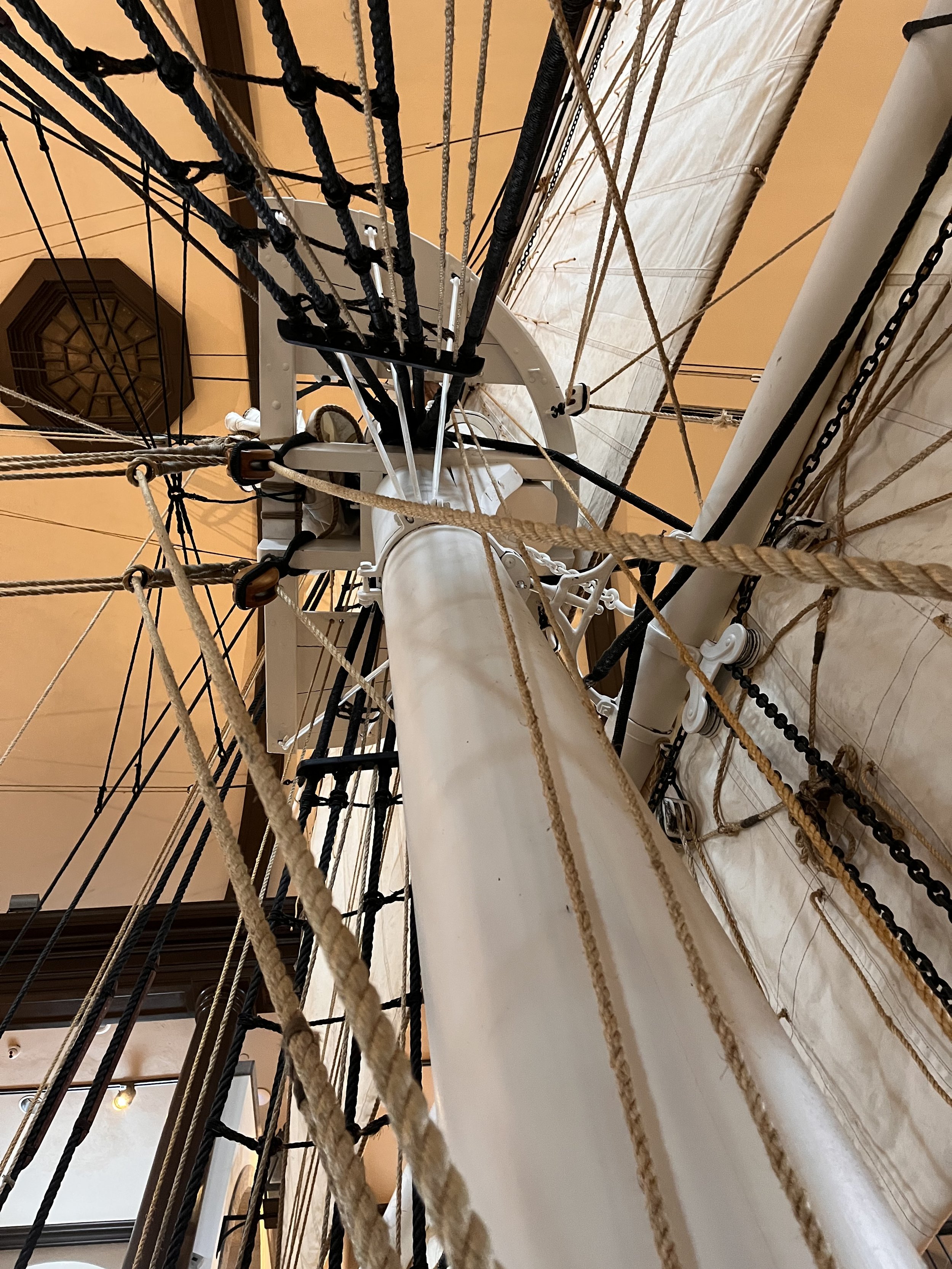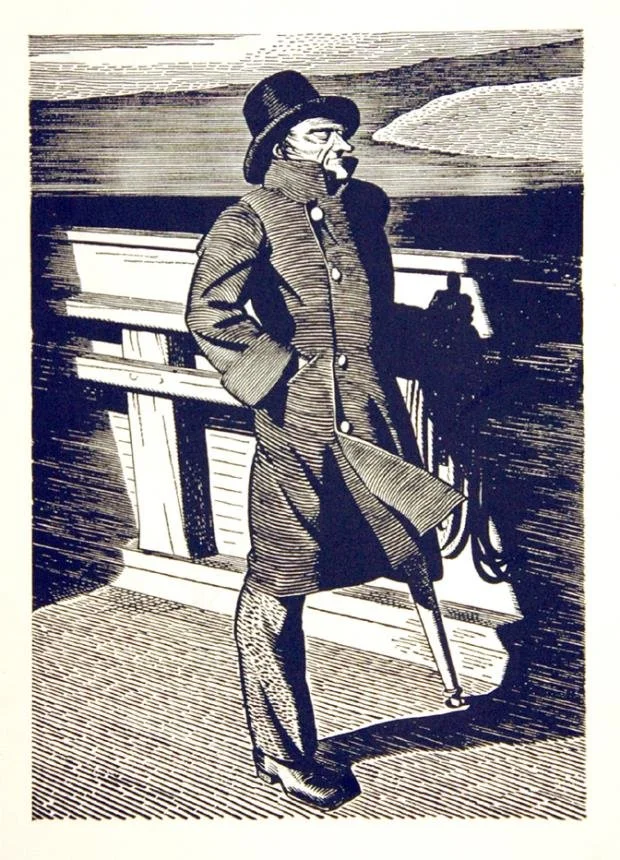
About Moby-Dick and the World of Whaling in the Digital Age.
Organized by the New Bedford Whaling Museum and The Melville Society Cultural Project, Moby-Dick and the World of Whaling in the Digital Age. immersed educators in curriculum and provided resources and a unique vantage point from which to examine the world of 19th-century whaling, an energy industry that spanned the globe and relied on an international workforce. Users build upon these resources and the Museum’s material artifacts to consider how Melville used the anatomy of whales and the accoutrements of whaling to craft an epic that still resonates with readers today.
Melville’s Moby-Dick, named for the white whale, swims as a literary work at the center of the established canon and is one of the most frequently referenced and adapted American novels. Moby-Dick and the World of Whaling in the Digital Age. was developed using the rich worlds of Moby-Dick to help teachers better understand Melville’s masterpiece, appreciate its literary power, and interpret its wonders for their students.
Our mission is to provide educators with resources that allow them to engage their students in Herman Melville’s world in unique and captivating ways.
Rockwell Kent's illustration of Ahab on the deck of the Pequod for the 1930 Lakeside Press edition of a Moby Dick.
“The range of things we have learned, from specific elements of the text, to historical bits, to biographical background on Melville, and all the techniques that these teachers use to bring the text alive has been wonderful.”
— Beth McNamara, English Teacher, Buckingham Browne & Nichols School, Massachusetts
The Melville Society Cultural Project
Established in 1998 with a donation from Elizabeth Schultz, the Melville Society Cultural Project contributes to a wide variety of programming at the Society’s affiliate, the New Bedford Whaling Museum, and curates the Melville Society Archive, which is a growing collection of Melville texts, sources, secondary criticism, adaptive materials, and Melville-related artworks. The Archive includes major book collections from Harrison Hayford, Robert D. Madison, Merton M. Sealts, Jr., Thomas Wendel, and others, the correspondence from the founding of the Melville Society in 1945, and the papers of Joyce Sparer Adler, Walter Bezanson, Harrison Hayford, Jay Leyda, and others. MSCP awards an annual Walter Bezanson Fellowship that includes a stipend and housing for research in New Bedford and the Melville Society Archive. The MSCP also conducts a Book Donation Program that has so far sent major collections of texts by and about Melville to twelve institutions in ten countries on four continents.
For more information on the Melville Society Cultural Project, visit their website here>
The New Bedford Whaling Museum
The New Bedford Whaling Museum ignites learning through explorations of art, history, science, and culture rooted in the stories of people, the region, and an international seaport. The cornerstone of New Bedford Whaling National Historical Park, the Museum is located at 18 Johnny Cake Hill in the heart of the city's historic downtown.




